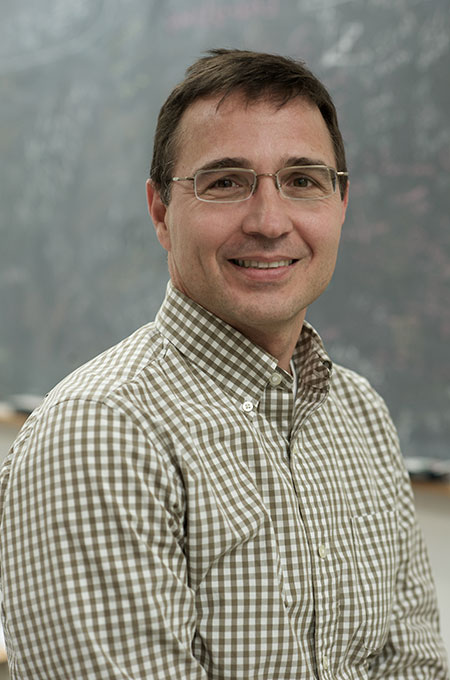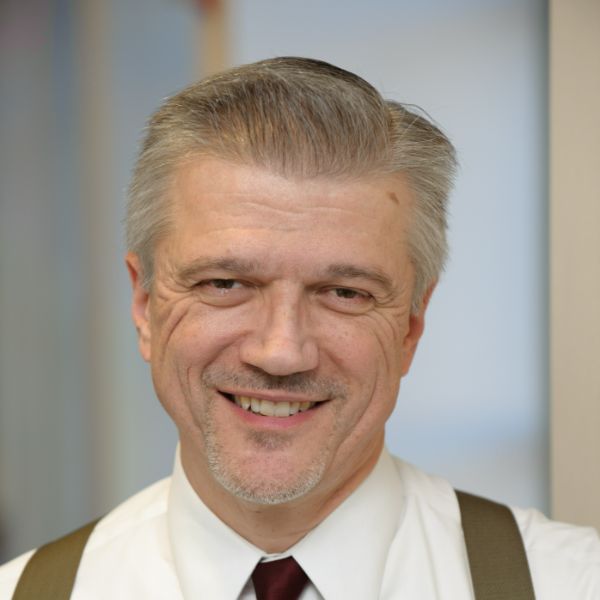
Yongsung Chang ’97 (PhD) chose the University of Rochester in 1992 for his PhD studies because Mark Bils was on the faculty. In the years since, Chang, now a professor of economics at Seoul National University, has not only stayed in touch with Bils, the two economists have worked together on research projects. So it should be no surprise that Chang wanted to organize a conference celebrating his former adviser’s 30 years at Rochester.
Economists from four continents gathered at the University of Rochester in mid September to honor Bils, the Hazel Fyfe Professor in Economics, and to discuss recent changes in the US economy.
“Mark was the first economist to use micro data to address macro issues,” says Chang. Micro data, derived from individuals, can reveal information that’s obscured in macro—or system-level—data, he explains.
Just as Bils was a factor in some students’ decisions to enroll at Rochester, Bils says that the strength of the department’s faculty was the major reason he chose to come to the University as an assistant professor in 1985. It’s also a major reason he has stuck around for more than three decades. “There’s a common belief in the department that it’s more important to advance research in our field than it is to simply increase the number of times we get published.”
Bils is a macroeconomist whose work has focused on understanding business cycles and the decline of labor demand during recessions. The impact of that work has been wide-ranging.
“During Mark’s 30-plus years, he has made important contributions to our understanding of numerous economic phenomena at the firm, household, worker, and economy-wide level,” says George Alessandria, chair of the of the Department of Economics. “He is a Rochester institution.”
José Mustre-del-Rio ’11 (PhD), a senior economist at the Federal Reserve Bank in Kansas City and a former PhD student of Bils, calls his mentor a “practical economist.” As he explains, “Mark wants an economist to make sure that there is something in the real world that can be measured. Economists often get too involved in coming up with a complex mathematical theory, but if there’s no way to convince others that it can be seen in real world decisions, what’s the point?”
Corina Boar ’17 (PhD), an assistant professor of economics at New York University, presented a preliminary paper at the Rochester conference that focused on something that is commonly measured in the real world: wealth. Boar, another former PhD student of Bils, says “A lot of people have very little liquid wealth holdings, even though they are actually very rich in terms of income and holdings of ill-liquid wealth. So, in this paper, we’re trying to understand why is it that some people end up in a position of low liquid wealth.” Boar is coauthoring the paper with Bils and Mark Aguiar, a professor of economics at Princeton University.
Alessandria notes that the “practical economist” truly has brought his approach right down to the household level: his own, and Alessandria’s. According to Alessandria, Bils constantly thinks about the tradeoff between quality and quantity. And that’s ultimately why Alessandria’s children call Bils the “grape economist.”
“Mark is in tune with the seasons and knows exactly when the Concord grapes will be harvested,” he says. “When the time is right, he drives out to Naples to buy grapes in bulk. And I’ve been fortunate that Mark will deliver grapes to my house.”



